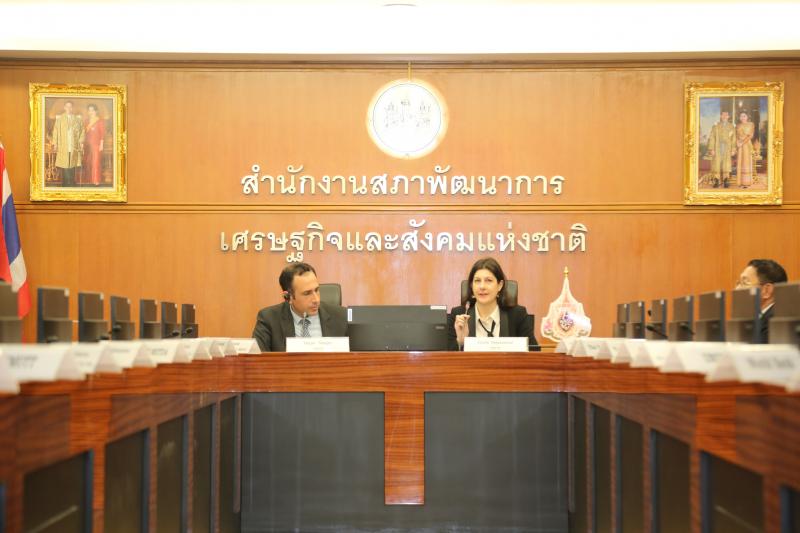In September 2022, as part of its Clean Energy Finance and Investment Mobilisation (CEFIM) programme, the OECD released a Framework for industry’s net-zero transition: Developing financing solutions in emerging and developing economies. The project is part of the OECD’s “Sustainable Infrastructure Programme in Asia” (SIPA). This Framework proposes a step-by-step approach to support emerging and developing economies in designing solutions for financing and to improve the enabling conditions that can accelerate industry’s transition. The outcomes of the Framework implementation in emerging and developing economies will contribute to the broader climate and finance policies and help to facilitate international co-operation for net-zero transition at scale.
The OECD and the Office of the National Economic and Social Development Council (NESDC) are collaborating on implementing the Framework for Industry’s net-zero Transition in Thailand. Following stakeholder consultations and an initial assessment of Thailand’s industry decarbonisation priorities, the petrochemical sector was selected as the sector for implementation, including a plastic value chain perspective.
The OECD and NESDC organised an in-person kick-off meeting to convene national stakeholders to discuss the priorities, challenges and opportunities for decarbonising Thailand’s petrochemical industry and the plastic value chain. The meeting was of paramount importance to fine-tune the Framework’s Focus Area, i.e. technologies or projects that have a great potential to mitigate emissions but struggle to reach economic viability and/or access financing.
